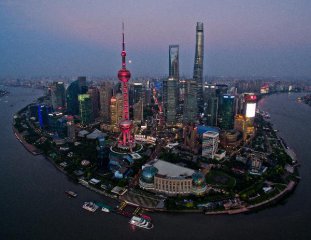After showing almost zero growth in 2019, the region's economy could grow between 1.0 percent and 1.3 percent next year, said Alfredo Coutino, director of Latin America Economic Research at Moody's Analytics.
"The big risks that could change regional prospects are external, like the intensification of the tariff war," Coutino said, pointing to U.S. President Donald Trump's tweets earlier this month saying that the United States would "restore" the tariffs on steel and aluminum imports from Brazil and Argentina.
Internally, Coutino said, interest rates, investment, and consumption could be affected by continuing social unrest in several Latin American countries.
Rafael Amiel, director of Latin American and Caribbean Economics at global information provider IHS Markit, said there will be a lack of global growth engines in 2020, especially in trade and private investment.
"We're not being pessimistic about the possibility of falling into a recession, with the exception of Argentina, but there will be a change, with governments spending more on social projects" in response to regional unrest, Amiel said.
The Inter-American Development Bank indicated this week in a report that regional goods exports fell 2.4 percent in 2019, after growing 8.7 percent in 2018 and 12.2 percent in 2017.
"The political signals about the trade conflicts between the United States and its main partners point to a distension phase, though a high level of uncertainty persists, which must dissipate for the sustained reactivation of investments and world trade," the report said.





















Latest comments